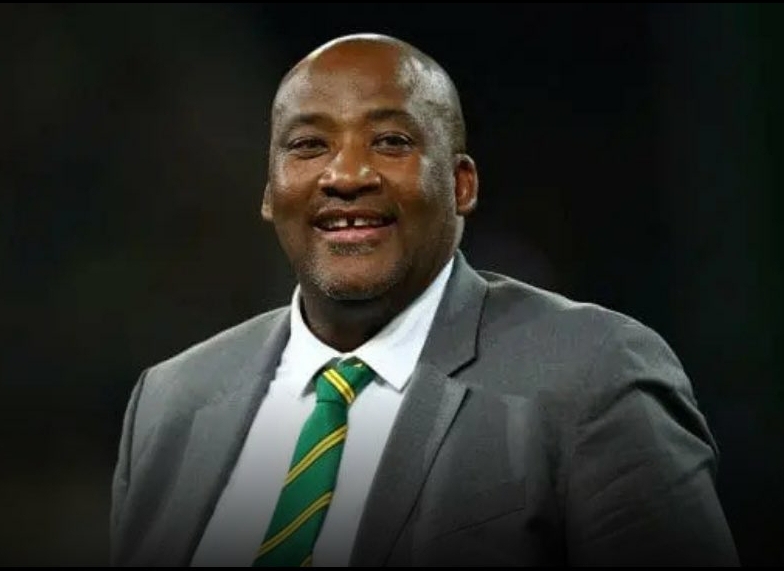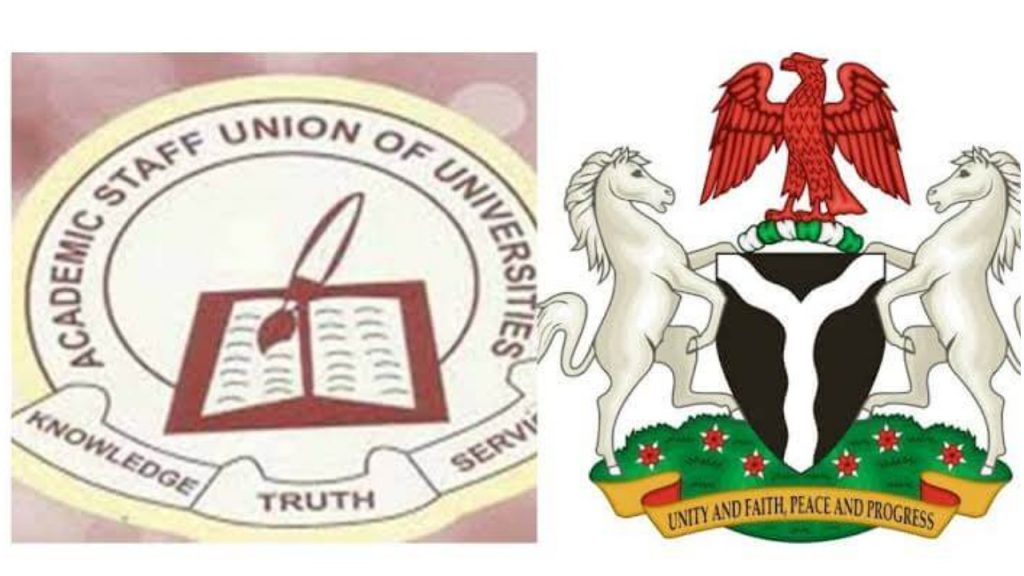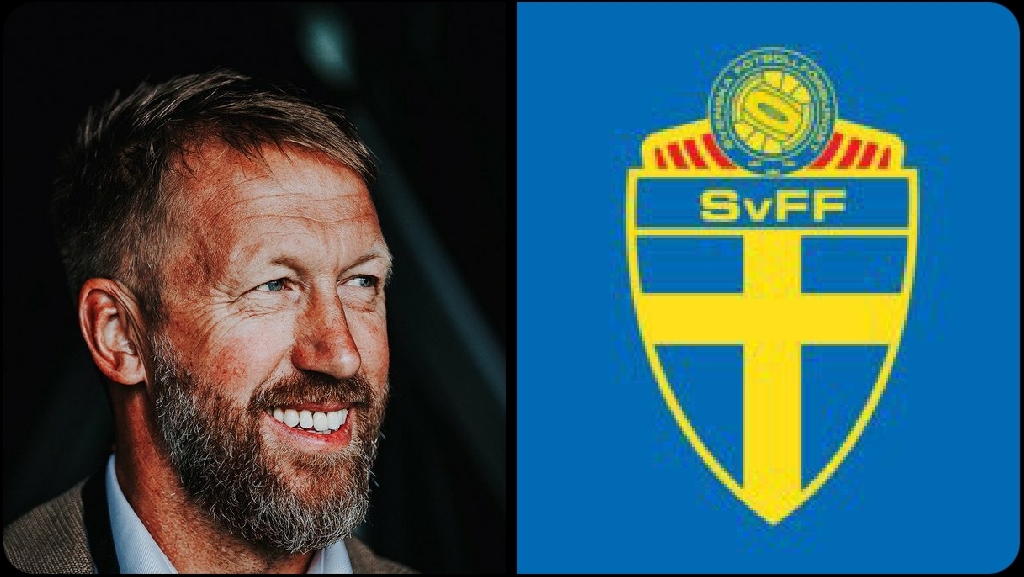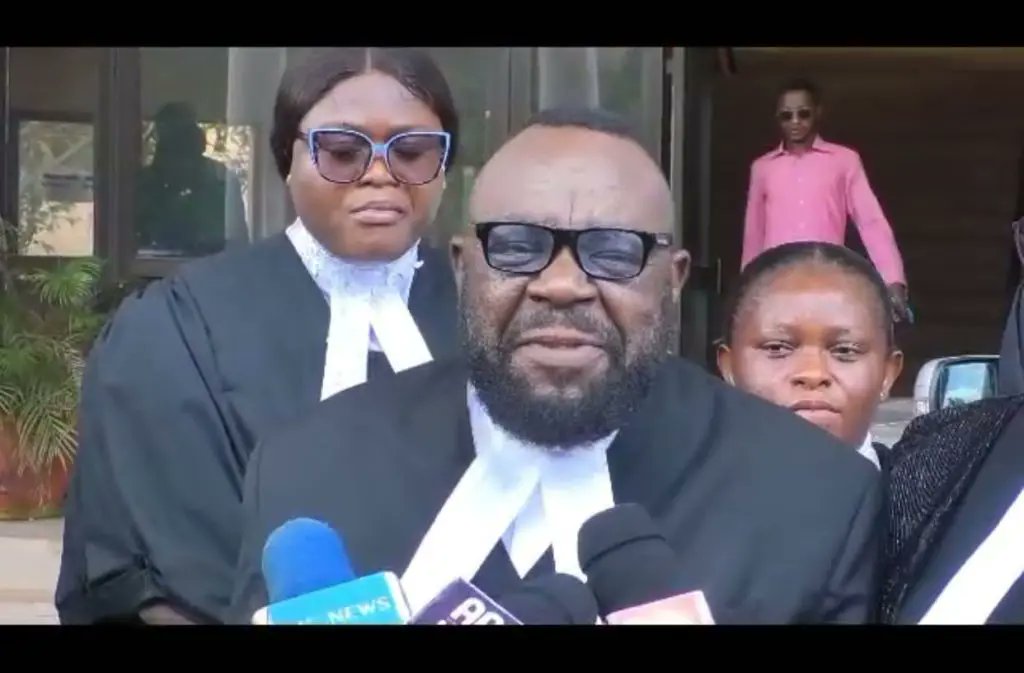
“I Don’t Want Nigeria to Qualify for 2026 World Cup” — South Africa’s Sports Minister Sparks Diplomatic and Football Storm

In a statement that has ignited both diplomatic tension and fan outrage across Africa, South Africa’s Minister of Sports, Arts, and Culture, Gayton McKenzie, has declared that he does not want Nigeria’s Super Eagles to qualify for the 2026 FIFA World Cup.
Speaking in an interview with Johannesburg-based Radio 947, McKenzie accused Nigeria of “working behind the scenes” to frustrate South Africa’s qualification chances, claiming his remarks were a direct reaction to what he described as “hostile actions” from the Nigerian side during the qualifiers.
“I heard people saying we were also supporting Nigeria, but let me be clear, I don’t want them to qualify for the 2026 World Cup,” McKenzie said bluntly. “I know what they did. I want them to lose. They will not go to the World Cup; let another African country go.”
The statement, now trending widely across social media platforms, has generated intense debate between Nigerian and South African football fans, reigniting a rivalry that stretches beyond the pitch. Many Nigerians view McKenzie’s comments as provocative and unprofessional, especially coming from a government official. Others have dismissed them as part of the growing psychological warfare that often precedes major continental competitions.
The tension follows a heated qualifying campaign that saw FIFA dock South Africa three points for fielding an ineligible player — a decision that briefly gave Nigeria hope of topping Group C. However, South Africa bounced back with a 3–0 victory over Rwanda, sealing their first World Cup appearance since 2010, while Nigeria slipped into the playoffs after finishing behind them on goal difference.
Now, Nigeria faces a grueling path to qualification, set to meet Gabon in November before potentially clashing with Congo DR or Cameroon in a final playoff to secure a World Cup ticket. McKenzie, however, made it clear that he is “firmly against” Nigeria’s success in the campaign.
Despite his harsh words, the minister insisted his position wasn’t rooted in personal animosity but in football rivalry, likening it to South Africa’s domestic derbies. “It’s not that I h@te Nigeria,” he said. “I simply match the energy they give. They don’t like us, and we don’t like them — it’s that simple. It’s just like the rivalry between Kaizer Chiefs and Orlando Pirates.”
The remarks have fueled thousands of reactions on X (formerly Twitter), where users from both nations traded barbs. Nigerian fans mocked South Africa’s long absence from the global stage, while South Africans celebrated their qualification and echoed their minister’s sentiment with national pride.
Analysts, however, warn that such rhetoric risks spilling beyond football into broader diplomatic relations, especially as Nigeria and South Africa remain two of Africa’s most influential economies — often at odds in political, economic, and cultural spheres.
As the 2026 World Cup race intensifies, one thing is clear: the Nigeria–South Africa rivalry is alive, fiery, and now backed by political voices — setting the stage for one of the most emotionally charged African football narratives in recent history.


